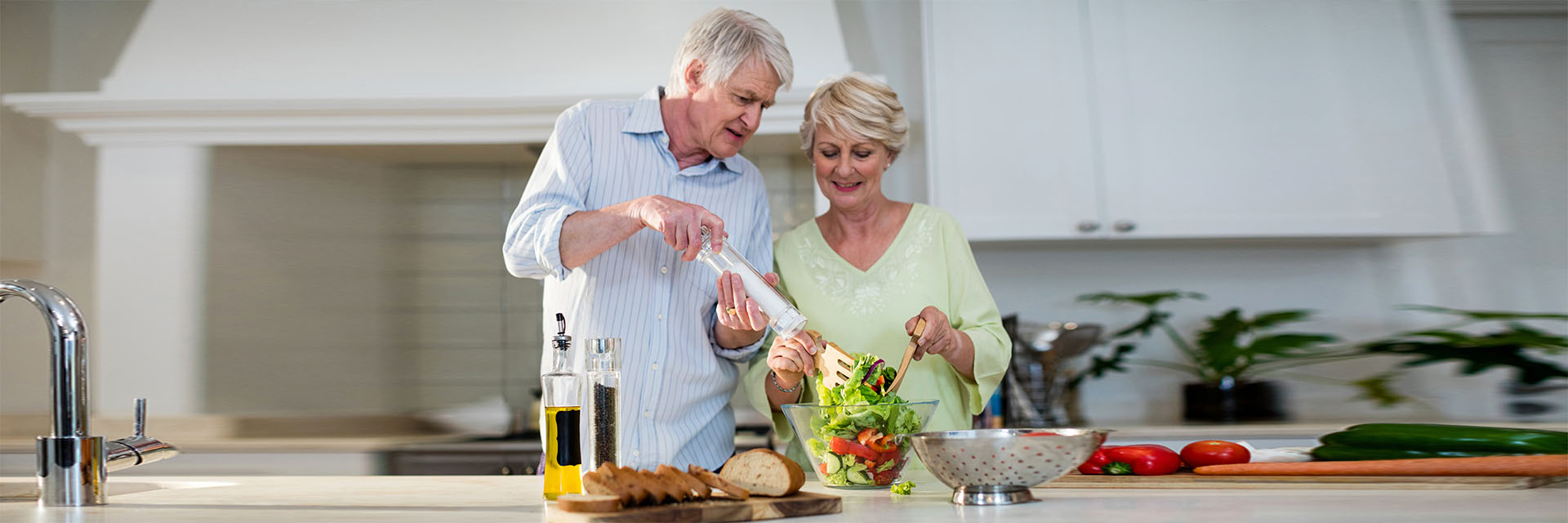If the thought of a colonoscopy makes you cringe, you are not alone. Just the fear of prepping for the procedure causes many people to put off testing. But screening for colon and rectal cancers is important as you approach age 45.
Colorectal cancer is the third most common cancer among both men and women in the United States, with the American Cancer Society (ACS) estimating more than 100,000 new cases will be diagnosed this year.
“You can look at it this way, if you are attending a party of 1,000 people, 41 of those people will develop colon cancer at some point in their lifetime,” says colon and rectal surgeon Alexander Dowli, M.D., a physician with Colon & Rectal Associates of Texas and a medical staff member at Texas Health Presbyterian Hospital Plano. “We are currently seeing an increase in cases of colon cancer in young people, which has prompted multiple organizations to reduce the recommended age for their screening guidelines from 50 to 45 years old.”
Even if you’re at an average risk, the ACS suggests you start screening for colorectal cancer at age 45 because of the rise in numbers among people younger than 50.
If you’re at an average risk with no symptoms or family history of the disease, you may be considering a stool DNA test, such as the Cologuard test, to screen for colorectal cancer. This type of testing is gaining popularity because it’s far less invasive and more convenient than colonoscopy, but it’s not for everyone and there are some things you should know before considering your options for colon cancer screenings.
Comparing Colon Cancer Screenings
While stool DNA testing and a colonoscopy can both be used as screening tests, they take two different approaches to evaluating your colorectal health and they provide different information.
Stool DNA testing is a prescription screening kit you can use at home. “This testing looks for changes in your DNA or traces of blood in your stool that could indicate the presence of colon cancer or precancerous polyps,” Dr. Dowli explains.
Polyps are growths that appear on the colon’s surface and may develop into cancer. “DNA testing only detects the proteins that may be shed from colon cancer and polyps,” Dowli adds. “When your doctor performs a colonoscopy, they’re looking directly for actual polyps and can remove them most of the time.”
Many people of average risk for colon and rectal cancer may be considering talking to their doctor about stool DNA testing. No preparation is required to perform the test and no sedation is needed. You don’t have to stop taking medications or fast before you take a DNA test either.
While there are benefits, stool DNA testing also has some additional issues to consider, mostly involving its level of accuracy.
Study Findings
A 2019 study from the National Institutes of Health found that while stool DNA testing works as a first-line test for people at average risk of colorectal cancer, it:
- can sometimes miss precancerous polyps, which is called a false negative;
- can often miss detecting the presence of larger polyps; and
- also carries the higher risk of false positives, which a colonoscopy does not.
“What’s concerning about the study results and other findings is that a false negative test result may lead to delayed detection of cancer,” Dowli explains. “What’s more, a false positive can cause undue stress and anxiety, not to mention the added burden of further testing, which in this case would be a colonoscopy.”
Because colon cancer often begins as growths in the colon (polyps), finding and removing polyps is the best way to prevent colon cancer. There are three main types of colorectal cancer screening:
- Colonoscopy – 95 percent of large polyps are found
- Stool DNA testing – 42 percent of large polyps are identified
- Fecal Immunochemical Test (FIT – similar to stool DNA testing, this at-home test detects for blood in the stool) – 24 percent of large colon polyps are detected
The Takeaway
Any colorectal cancer screening is better than no screening, Dowli says. “The goal of any screening is to provide early detection, reduce the risk of disease and treat any identified condition more effectively.”
Colorectal cancer is treatable, but early detection is the key to surviving a colorectal cancer diagnosis. According to the ACS, colon cancer detected at its earliest stage has a 90 percent survival rate five years after diagnosis. If you use stool DNA testing for screening, the ACS recommends repeat screening every one to three years. A negative colonoscopy will buy most people of average risk with no symptoms 10 years before another screening is necessary. A positive DNA test screening should always be followed up with a colonoscopy.
Dowli also notes that colonoscopy is still the gold standard among physicians for finding and preventing polyps. “If polyps are found during a colonoscopy, most of the time they are removed during the same procedure. This eliminates the need for additional procedures or tests. But the best way to determine the most appropriate colorectal screening method for you is to first talk with your doctor. We all want what’s best for you,” he says.
Take our colorectal cancer assessment to learn more about when you should be screened for colorectal cancer, or find a digestive health specialist today.
Information provided is for individuals with average risk for colon or rectal cancer. Patients with a family or personal history of polyps, colon cancer, Crohn’s disease or ulcerative colitis should only use colonoscopy for screening and at an earlier age with different intervals as determined in consultation with a qualified physician.

